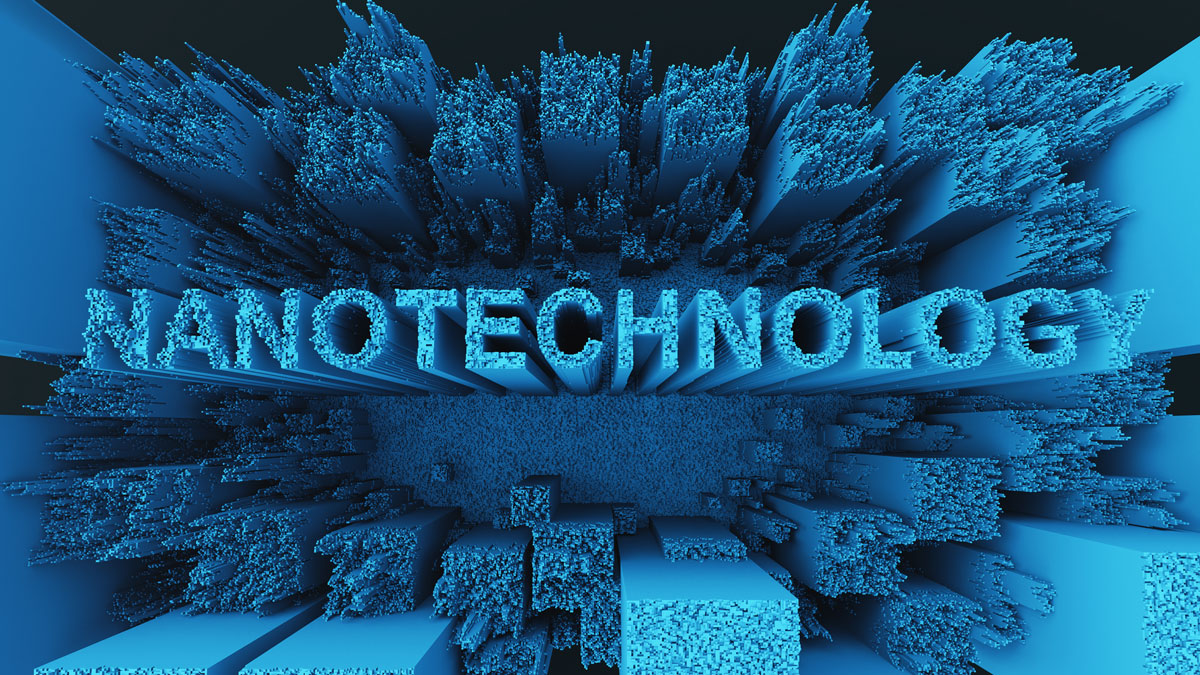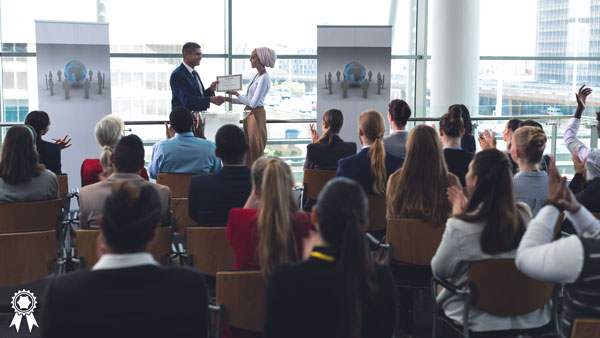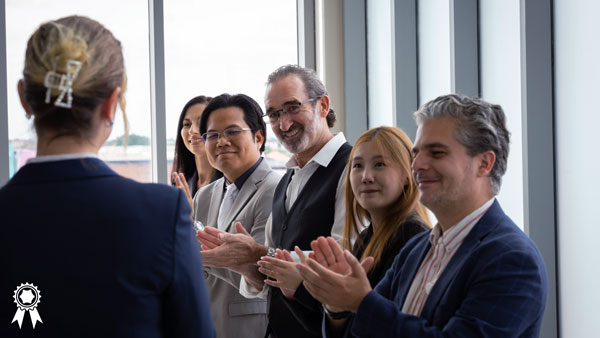Publications
IEEE Nanotechnology Council offers a diverse portfolio of high-quality publications that advance the theory, design, and application of nanotechnology across science, engineering, and industry. Our journals and magazines serve as essential resources for researchers, engineers, and professionals driving innovation in nanotechnology.
Conferences
IEEE Nanotechnology Council sponsors premier international conferences bringing together researchers, engineers, and industry leaders to share breakthroughs and shape the future of nanotechnology. These events provide dynamic forums for presenting cutting-edge research, fostering collaboration, and advancing innovation across disciplines.
Educational Activities
IEEE Nanotechnology Council offers a range of educational programs – including seasonal schools, webinars, and a distinguished lecturer program – designed to inspire and equip students, researchers, and professionals with cutting-edge knowledge and skills in nanotechnology. These initiatives promote lifelong learning and global collaboration in this rapidly evolving field.
Technical Activities
IEEE Nanotechnology Council coordinates 19 technical committees spanning 22 IEEE member societies and councils, fostering interdisciplinary collaboration and innovation across the diverse fields of nanotechnology. These committees drive technical leadership, advance research, and shape the future of nanoscience and engineering worldwide.











